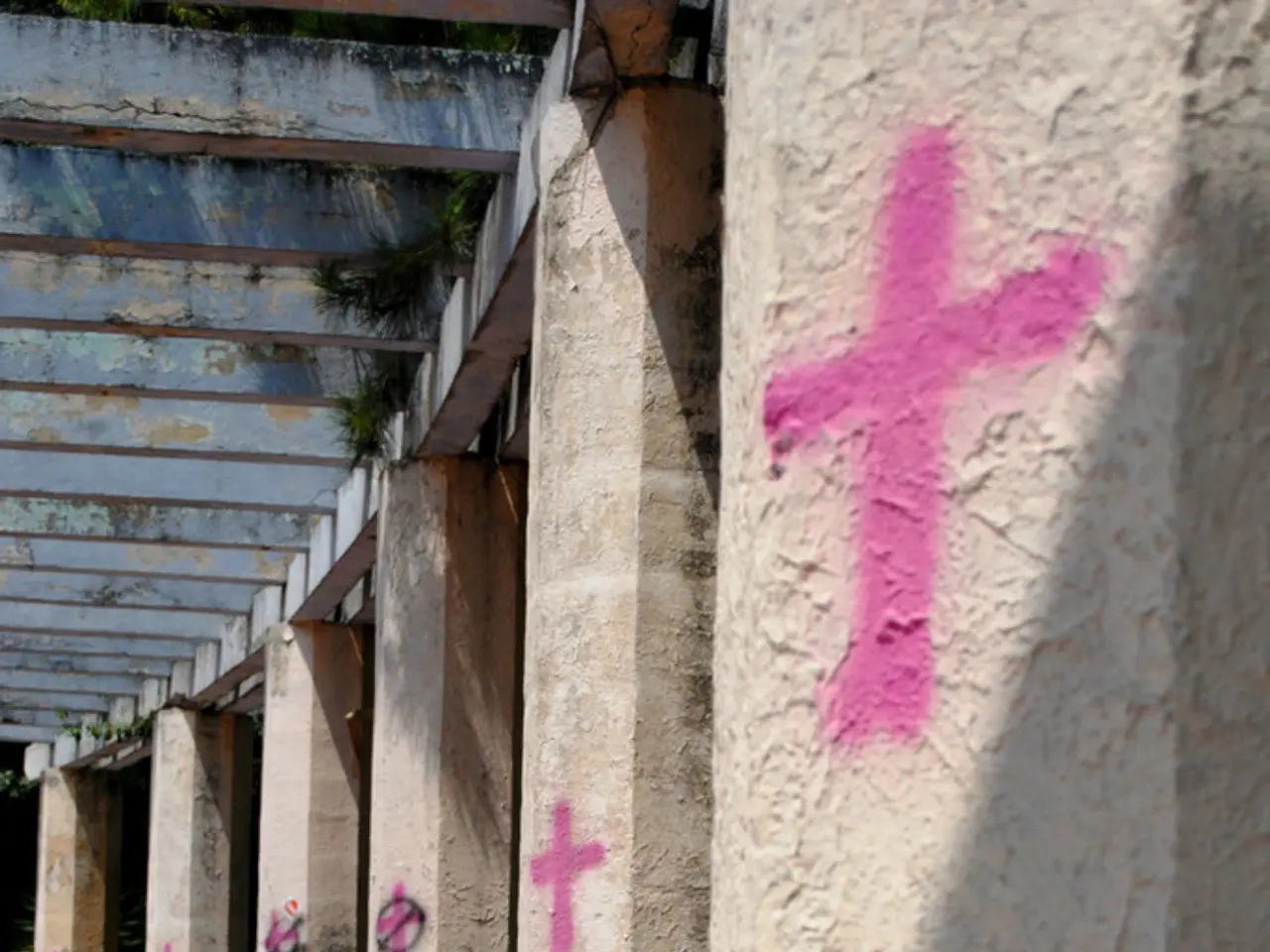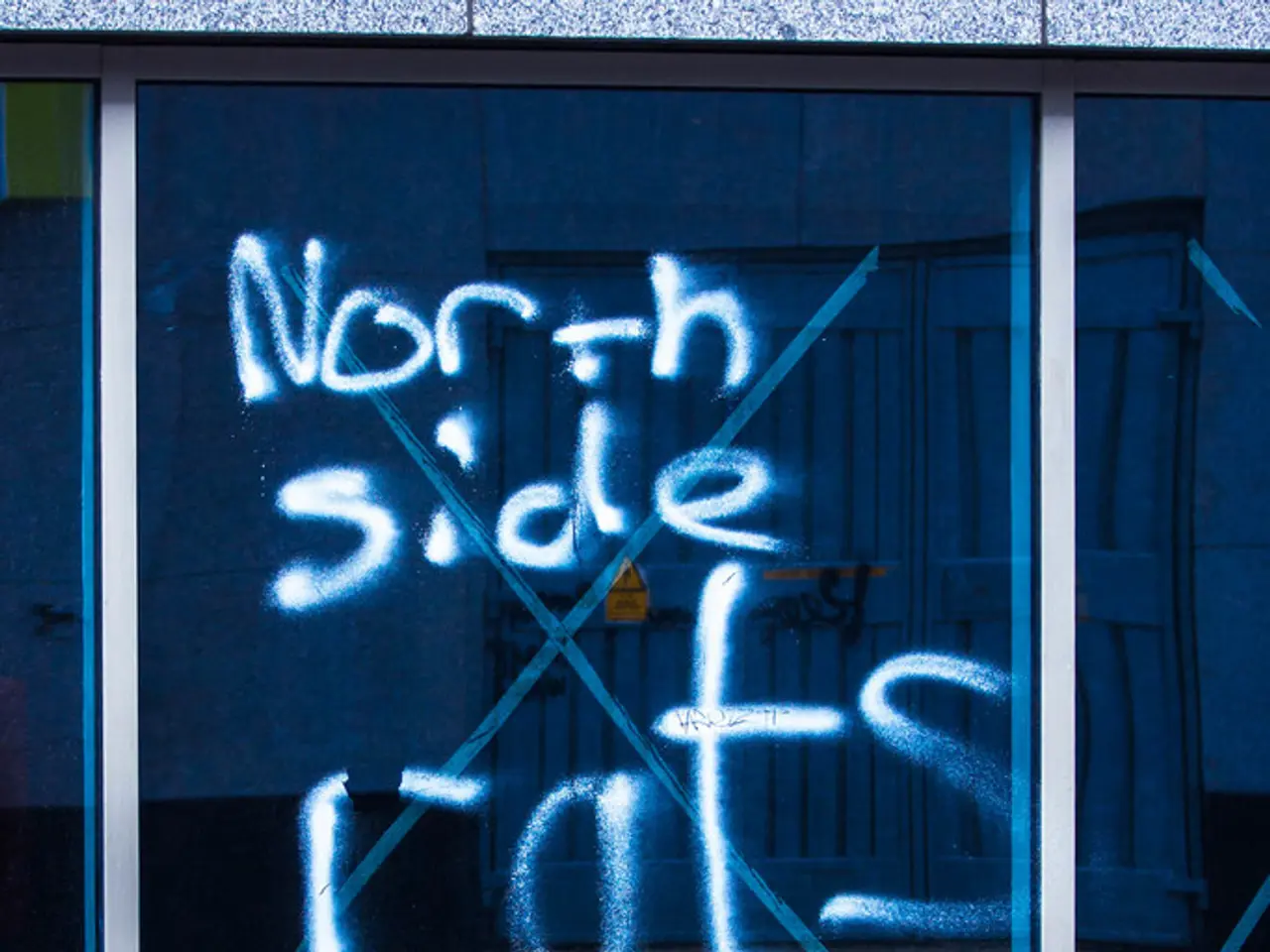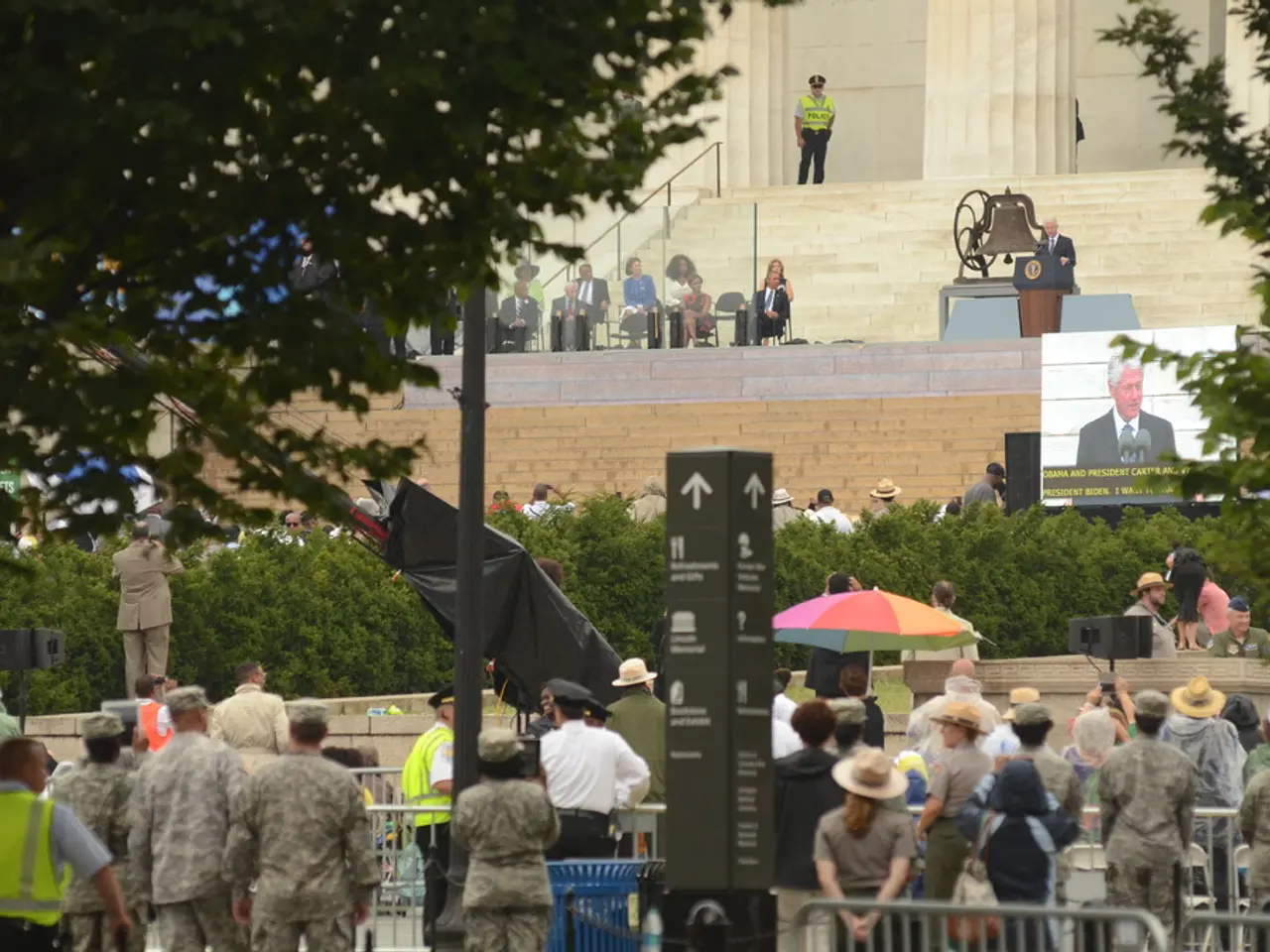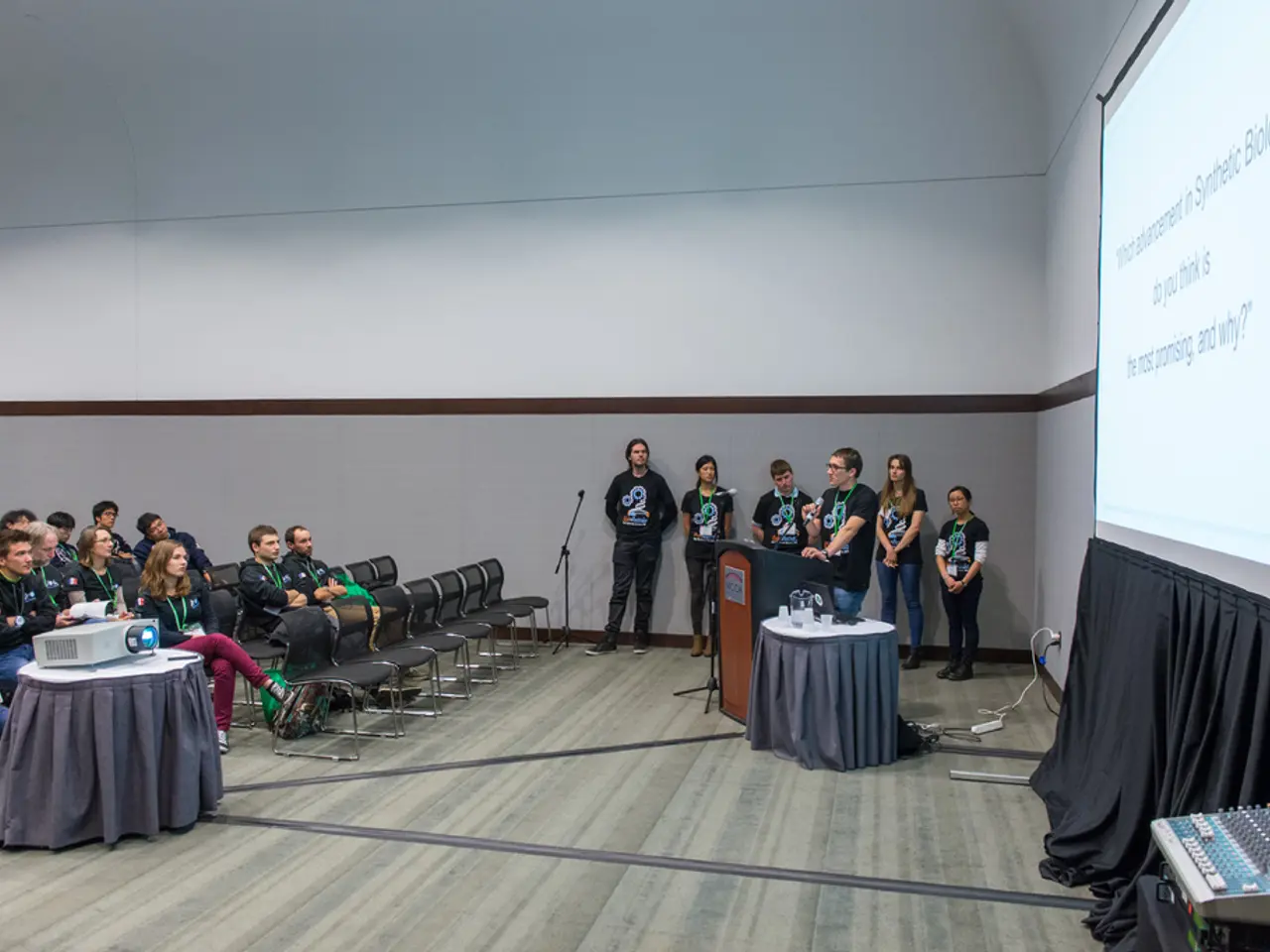Fraudulent claims propagating a fabricated 'Christian massacre' in Syria
In the turbulent landscape of Syria, a bombing at the Saint Elias Church in Damascus on Sunday has raised concerns for the safety of the Christian community. The attack, which resulted in the deaths of 20 to 25 Christians and injured several others, has sparked anger and frustration on social media, with users expressing frustration about the perceived lack of outrage from the government and mainstream media.
However, Open Doors spokesperson Matthew Barnes has warned against unfounded allegations of genocide, stating that there is no evidence that any of the four Christian men who died in the region were killed because of their faith. The confusion or misleading information might stem from differing reports about the perpetrator and the context of the attack.
Initially, the Syrian government attributed the attack to ISIS, which could have led to confusion about the exact group involved. The variety of reports and claims from different sources might create uncertainty about the specifics of the attack. An IS splinter group, known as Ansar al-Sunnah, later claimed responsibility for the attack, stating it was a response to unspecified provocations by Christians in Damascus.
As the church in Syria faces increasing persecution, the attack has heightened fear and uncertainty among Syrian Christians. Many are concerned about their safety and the future of their community in the country. The ongoing threats and violence have contributed to a broader climate of sectarian violence and fear, affecting not just Christians but also other minority groups like Alawites and Druze.
The attack underscores the ongoing persecution of Christians in Syria, which has been exacerbated by the unstable political environment following the fall of the previous regime. Barnes visited Christians in Syria last week and found them to be cautious but optimistic. However, he expressed concern about the potential backlash against Christians in Syria due to unproven allegations of genocide.
The recent violence in the Syrian coastal provinces of Latakia and Tartus from March 6 has further raised concerns. According to the Syrian Observatory for Human Rights, over 1,000 people were killed in two days, with over 700 being civilians. Barnes warns that continued violence like the recent events in Latakia and Tartus could lead to another large exodus of Christians from Syria.
In a more positive development, a Christian NGO in Syria recently started a lawsuit against the new president, which led to a bishop being summoned by the Syrian government. This move could signal a willingness by the government to engage with the Christian community and address their concerns.
As the situation in Syria remains complex and volatile, the need for international support to protect the Christian community is growing. Barnes emphasises that governments and armed groups may use information from social media and news reports to harm the Christian population. It is crucial that accurate and reliable information is disseminated to prevent further misunderstandings and ensure the safety of the Christian community in Syria.
This article was published by Evangelical Focus - News desk.
In light of the conflicting reports about the Saint Elias Church bombing, it becomes essential for governments and mainstream media to provide accurate and reliable information regarding the attack and its perpetrators, particularly in the realm of general-news, politics, and crime-and-justice. Misinterpretations or misleading information about the incident could potentially harm the Christian community in Syria and escalate the ongoing persecution they face.







